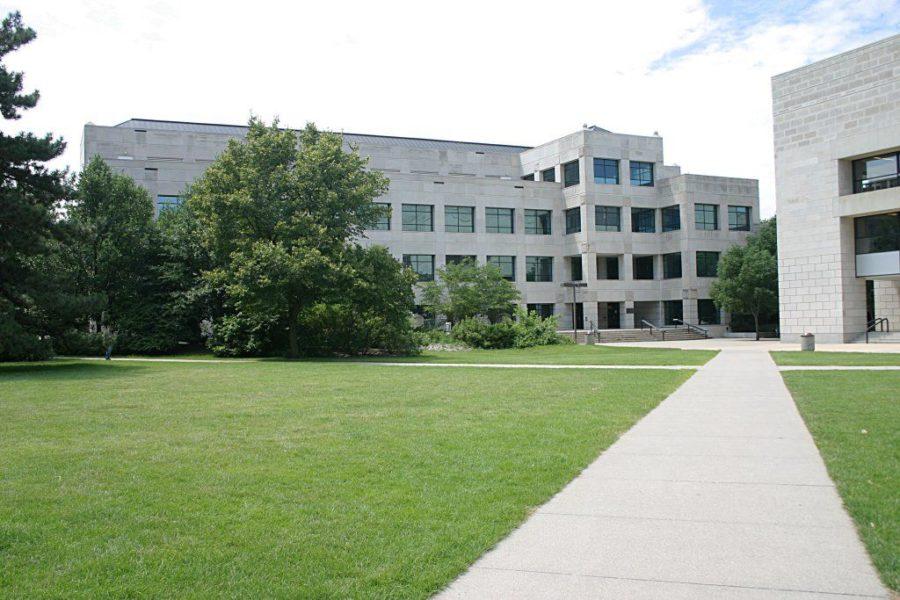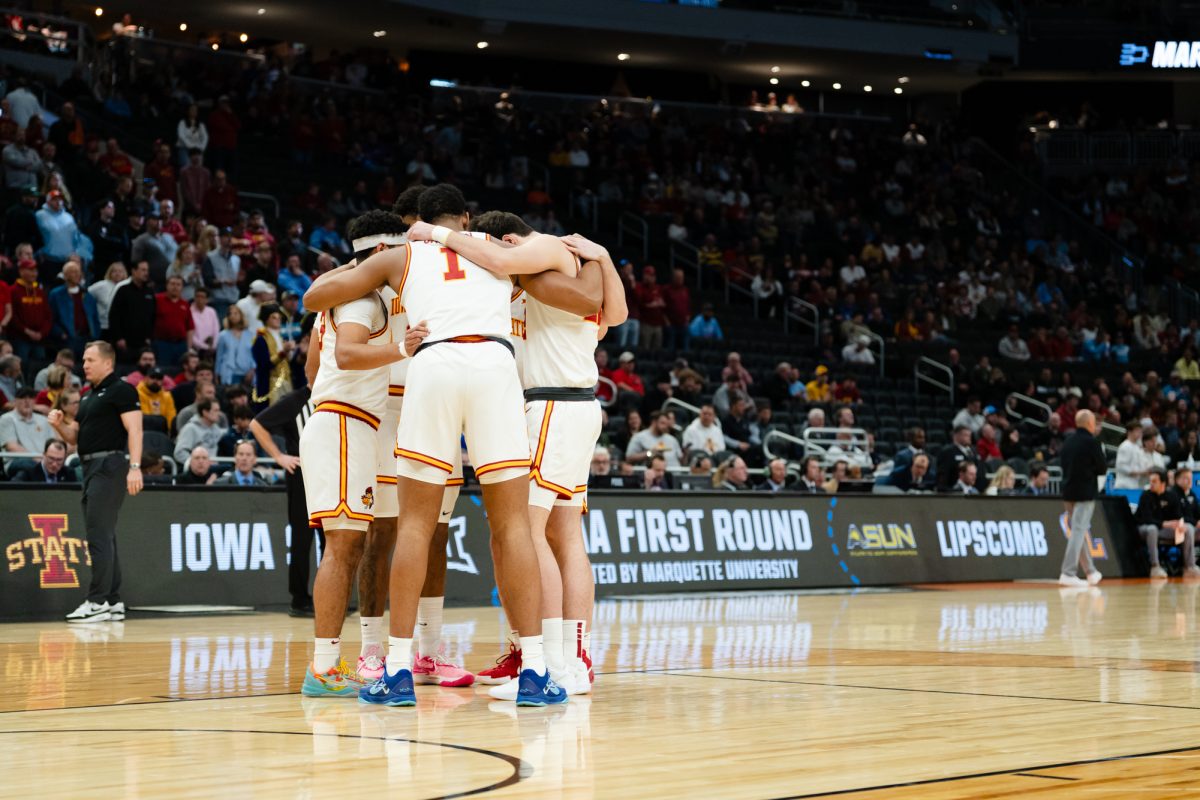Letter: Assistive technology lab offers a new chance for ISU to get it right
Durham Center is the location of the newly finished Digital Accessibility Lab. This lab will provide students with disabilities the technological resources they need for their classwork.
June 11, 2019
History does, indeed, repeat itself. It was with interest that I read about the “new” assistive technology laboratory that will be opening in the Durham center this fall semester.
It was 20 years ago that a computer assistive technology laboratory opened in the Durham Center. I know because I designed and operated it. The laboratory was around the corner from my office in Durham. It was built in response to a report written by the University Disabilities Committee, which was one of ISU’s standing committees. That report was sent to ISU’s Vice President for Academic Affairs. The report made several recommendations, including establishment of an assistive technology laboratory. The budget was slightly higher than the budget for the proposed new lab.
The laboratory was created to demonstrate to faculty, staff, students, and the general public what can be done with assistive technology. Tours were given to special education, and other classes. Tours were given to several ISU departments, as well as to several business groups. It was open daytime hours to anyone who needed it.
There were four PCs and two Macs in the laboratory. Each computer was loaded with assistive technology for disabled users.
Blind students entering the laboratory only needed to press any computer’s key to get a verbal explanation of what screen reading and other software was available on that computer.
In addition to the usual grammar, and spelling checkers, a wide variety of assistive software was installed for students with learning disabilities.
There were several mouse replacement devices, including both hardware and software devices. Specialized keyboards were available.
The room itself was spacious and allowed for various lighting levels. Other environmental factors were provided. The entry door was mounted on hinges that allowed it to be swung completely away from the entry space. Interior entry carpet was laid that would clean debris off wheelchair wheels in a non-noticeable way. Lab table heights were easily varied. Chairs on glides, as well as chairs with wheels were in the lab.
I note in passing that these comments were written with speech recognition technology. No keyboard was used.
When I retired in 2002. The laboratory was closed for two years, then opened for two years, and then bulldozed.
ISU has always been a conservative university, not noted for an enlightened stance toward inclusiveness of minority students, faculty, or staff. Perhaps this time, with this incarnation, the assistive technology laboratory will be maintained for the benefit of current and future generations.







